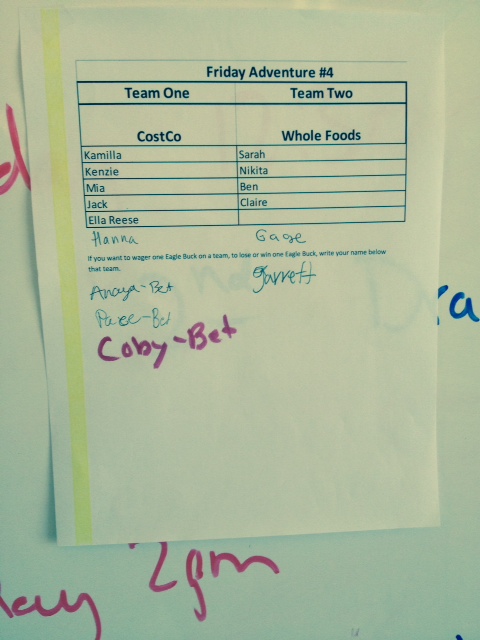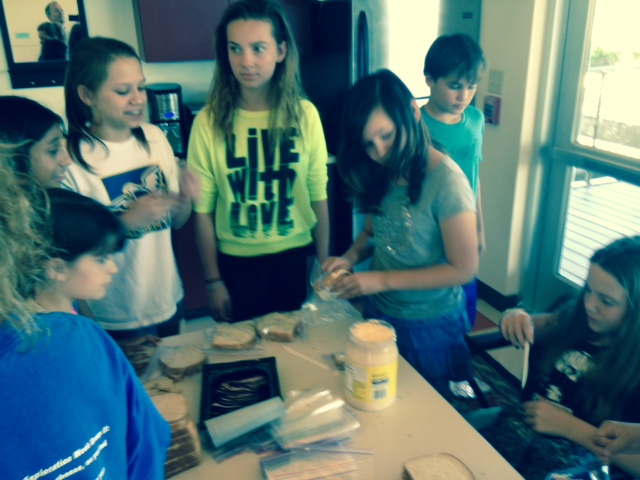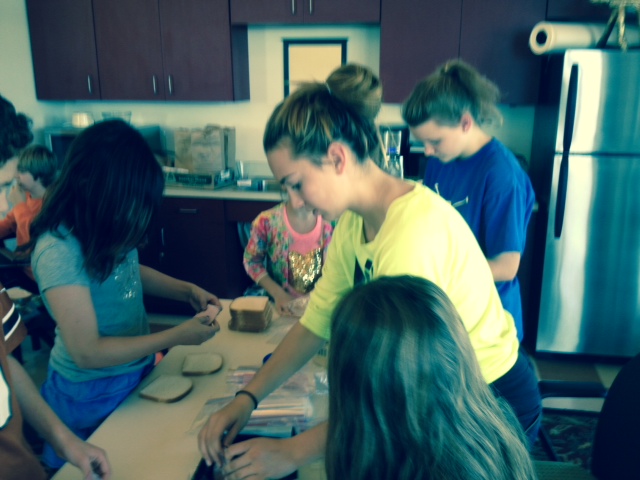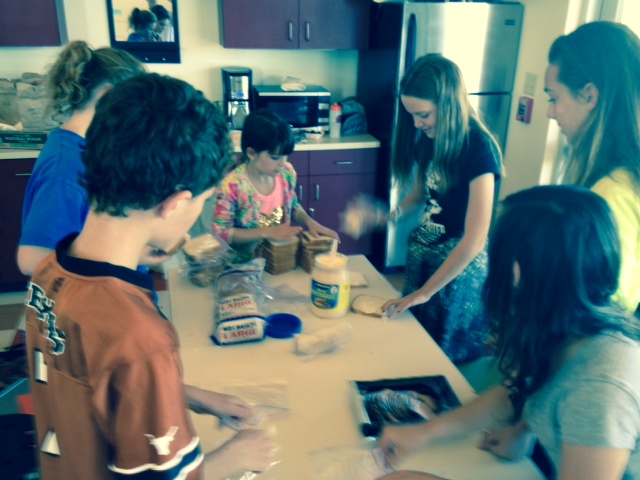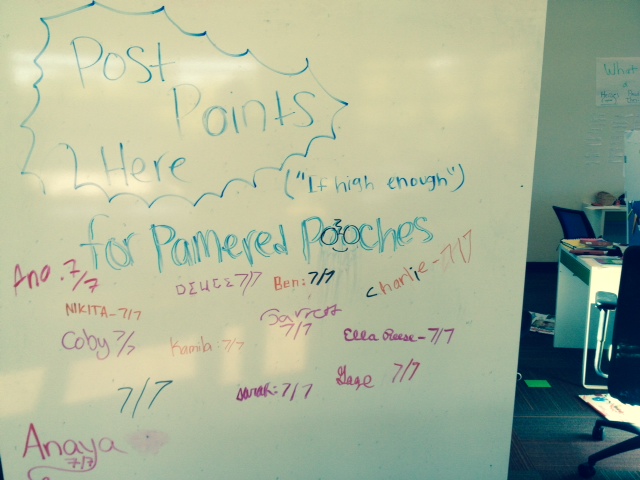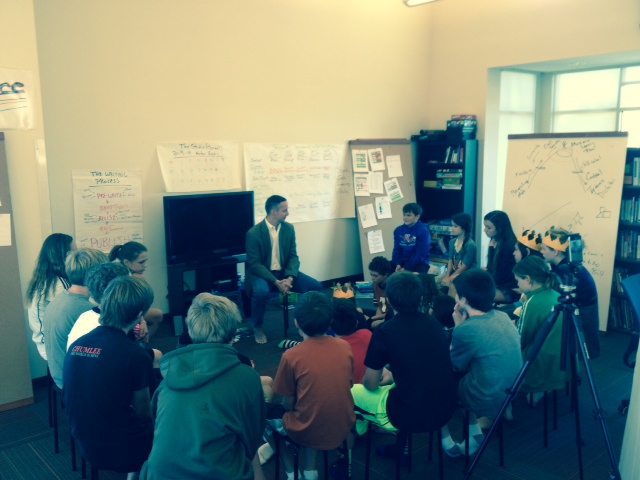The air was electric with intentionality and seriousness. Fifteen Acton Eagles had earned the right on Friday to prepare an Acton MBA case, and discuss it in the Acton MBA Socratic amphitheater.
Just before the launch, the Eagles learned the session was being taped and would be seen by the incoming MBA class, as a challenge to see who could have the most powerful Socratic Discussion. Game On!
Mason’s opening was crisp and on point. Claire’s counter equally powerful. Soon each Eagle was thoughtfully listening, responding, disagreeing or adding evidence.
The deep lessons from the Acton sims: Robo-rush (bootstrapping); Lemonade stand (customer needs); Cha-Ching (sales funnels); Pricepoint (pricing); Fistful of Dollars (working capital and cash flow) and Galactic Zappers (assembly lines) could be heard in every comment. So could the impact of the Acton MBA notes our Eagles had read and the entrepreneurship outings in the real world.
“My lemonade stand has a low break even and a rapid payout.”
“Should we price low or high?”
“What other substitutes would satisfy the same customer need?”
“Should we use an artisan production process or an assembly line or the Toyota cell method?”
“How do we defend against competition?”
Any class of Harvard or Acton MBA’s would have been wowed.
But the most impressive comments were those at the end of the day:
“When can we do that again?”
“That was the best adventure so far. We should earn the right to learn like that again.”
“Can we create a makeshift Socratic amphitheater at Acton Academy?”
“We need to work harder on our own intentionality and Socratic process. Can we start preparing cases for Civilization.”
“I’ve never had an hour and a half fly by so fast.”
“That was so much FUN!”
Stop and ponder this for a while. Middle schoolers so excited about thinking and learning that they were begging for more work to do.
It just doesn’t get much better than that.



